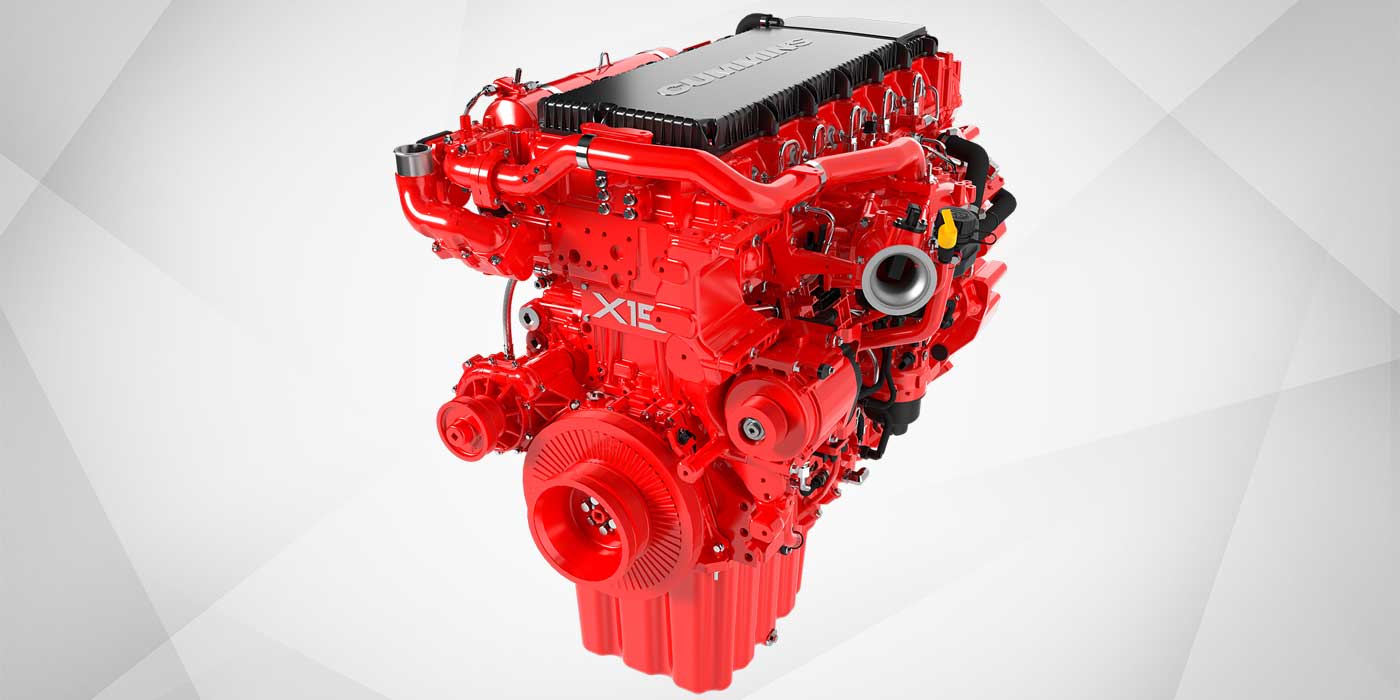Engines For Africa: Leading Company of Costs Engines
Engines For Africa: Leading Company of Costs Engines
Blog Article
A Complete Guide to Choosing the Right Engine for Your Task
Selecting the ideal engine for your project is an important decision that can substantially influence its general success. It is vital to meticulously define your job requires, evaluate performance requirements, and take into consideration user-friendliness alongside various other essential elements. Furthermore, recognizing the community assistance offered and inspecting price effects can even more fine-tune your option. Each of these elements plays a crucial duty in making sure that your chosen engine not only satisfies immediate goals however likewise aligns with long-lasting goals. As we explore these factors to consider, you might locate that the subtleties of each facet expose even more than initially expected.
Define Your Task Requirements
Specifying your project needs is a crucial action in selecting the suitable engine for effective application. An extensive understanding of your job's goals will certainly assist you in identifying the features and capacities needed from an engine. Begin by describing the extent of your job, consisting of the desired functionality, target market, and the specific end results you intend to attain.
Next, take into consideration the technical requirements that align with your task goals. This consists of assessing the compatibility of the engine with existing systems, along with the programming languages and structures that will be used. In addition, evaluate the degree of scalability required to fit future development or modifications sought after.
Budget restrictions likewise play a vital function in specifying your task needs. Establish a clear monetary structure to assist your decision-making process, making sure that the engine picked fits within your budget while giving the essential functionality.
Evaluate Performance Demands

Engines that support straight scaling are often preferable for larger applications. In addition, review the engine's performance under different conditions, such as peak usage circumstances, to ensure it satisfies your dependability requirements.
Consider Simplicity of Use
While technological specifications are important, the simplicity of use of an engine can significantly affect the development procedure and general project success. An intuitive user interface, clear paperwork, and structured operations can drastically lower the understanding curve for developers, allowing them to focus on creativity and analytical instead of coming to grips with facility devices.
When examining an engine's ease of usage, consider the onboarding experience. A well-structured introduction, complete with tutorials and example jobs, can facilitate a smoother shift for new customers. In addition, the clearness and comprehensiveness redirected here of the engine's documentation play a vital role; thorough guides and API recommendations can equip designers to repair and apply features efficiently.
An additional element to take into consideration is the engine's customization capacities. An engine that enables for easy alterations can be extra straightforward, as developers can customize it to fit their details needs without comprehensive problem. Lastly, evaluate the workflow integration with systems and tools you currently make use of. A cohesive environment can enhance efficiency and minimize rubbing throughout the development procedure. Eventually, picking an engine that focuses on ease of use can bring about an extra visit this web-site effective and delightful growth experience.
Assess Neighborhood and Assistance
The strength of an engine's community and assistance network can substantially influence a designer's experience and success. When evaluating an engine, consider the dimension and activity degree of its area.
Additionally, assess the schedule of official support networks. Reputable documentation, receptive client assistance, and routine updates are essential for dealing with technological issues and keeping your job on the right track. Engines For Africa. Active areas likewise promote collaboration, giving opportunities for networking and responses, which can be vital, particularly for independent designers or small teams
Furthermore, investigate the existence of community-run events, such as hackathons or meetups. These celebrations can enrich your understanding of the engine while linking you with knowledgeable users and potential collaborators. In summary, a durable community and support system not just streamline growth but also create an atmosphere for finding out and innovation, ultimately boosting the possibility of your job's success.
Contrast Price and Licensing Options
Budget plan factors to consider play an essential function in choosing the appropriate engine for your task, as the price and licensing options can considerably influence both temporary expenditures and long-lasting stability. Engines For Africa. Various engines offer differing rates structures, which can consist of single purchase charges, subscription versions, or revenue-sharing arrangements based upon your project's earnings

Accrediting alternatives additionally vary substantially. Some engines are open-source, providing flexibility and community-driven support, while others might need exclusive licenses that restrict use and distribution. Comprehending the implications of each licensing version is vital, as it affects possession legal rights, future scalability, and possible lawful responsibilities.
Conclusion
In conclusion, selecting the proper engine for a job necessitates an extensive examination of specified job requirements, performance requirements, convenience of use, community assistance, and price considerations. By methodically attending to these important aspects, decision-makers can guarantee alignment with both future and present project needs. A well-informed selection eventually enhances the chance of job success, making it possible for efficient resource appropriation and maximizing possible outcomes within the defined monetary restraints.
Selecting the ideal engine for your task is an important decision that can substantially influence its overall success.Specifying your project requires this website is an important step in selecting the appropriate engine for successful execution. An extensive understanding of your task's goals will certainly guide you in determining the capacities and features required from an engine.When you have a clear understanding of your project needs, the following action is to review the performance demands of the engine.In verdict, picking the appropriate engine for a project necessitates a comprehensive examination of defined task requirements, performance demands, ease of use, area support, and cost factors to consider.
Report this page